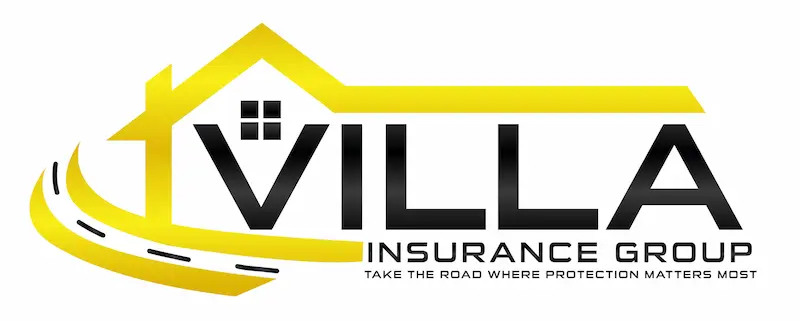Every state has minimum insurance requirements for car owners, specifically bodily injury and property damage liability. Whatever the minimums are, your insurance has to cover them no matter what, but as your car ages, you may consider scaling back on your coverage to save money.
But when is the right time? Preferably when the math works out in your favor, so that you trade off the money you save on your premium for more risk but at a lower cost than when your car was new.
The following is a rough guide on car insurance coverage that you can use to determine what is appropriate for you and your vehicle.
Fresh off the lot
If you are financing your car, the lender will require that you carry collision and comprehensive coverage. But even if you paid cash for that new car, it behooves you to carry the same coverage.
Comprehensive coverage covers anything that might happen to your car, like hail damage, if someone hits your vehicle in a parking lot and runs, or if it is vandalized. In this case, the insurance covers the value of the damage (minus your deductible).
Collision is almost the same as comprehensive, except that it covers any damage to your vehicle that’s your fault, like backing into a tree.
If you really want to be covered all the way for that new car, you can also buy gap insurance. A gap policy will make up the difference between what your insurance policy may deem the value of your car to be if it is totaled, and what you still owe the lender.
Close to paying off your loan (car 2-5 years old)
If you are close to paying off your loan, you may want to consider dropping gap coverage as most certainly the car is worth more than what you owe.
Once you pay off the loan, if it’s still between two and five years old you should keep comprehensive and collision coverage, as you would still be out of pocket considerably if it is totaled due to your own negligence or stolen and not recovered.
6 to 11 years old
At this point, you may want to consider getting rid of your comprehensive coverage. But before you do that, you should determine what your car is worth in the resale market, using the Kelley Blue Book or Edmunds.com.
Whatever is in the Kelley Blue Book is what your insurer would pay you if the car is totaled. Would you be okay losing that much if your car is totaled or stolen, or if it suffers significant damage that was your fault?
Compare how much you save every month with that figure and determine for yourself if dropping comprehensive and collision coverage is worth it.
Twelve years and older
If you’re still paying full coverage at this point, the value of your vehicle may no longer be worth the burden of the higher premium.
One option is to ditch collision coverage, which tends to be more expensive, but keep comprehensive, which will still cover your vehicle in case of that parking lot hit-and-run and theft.
If you are still unsure, please call us at (425) 771-9000 and we can help you determine what coverage is best for you.
Are you looking for auto insurance in Lynnwood, Washington? We are the top rated local auto insurance independent agency protecting all aspects of your life, from your business to your autos and home, we have you covered! The benefit of choosing an independent agent like us means options. We have relationships with many top rated carriers to give you the auto insurance coverage you need that fits your budget. We are now serving the Seattle area.
